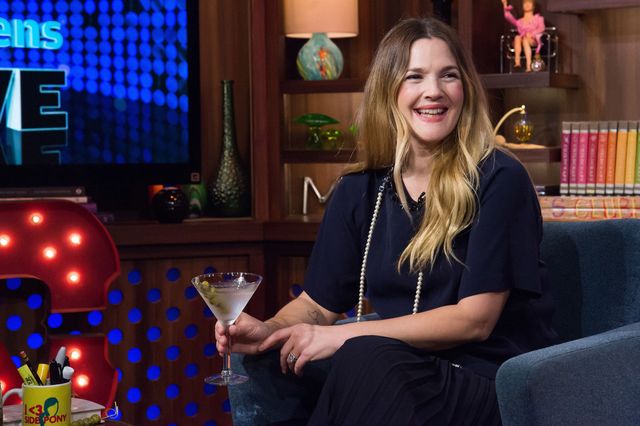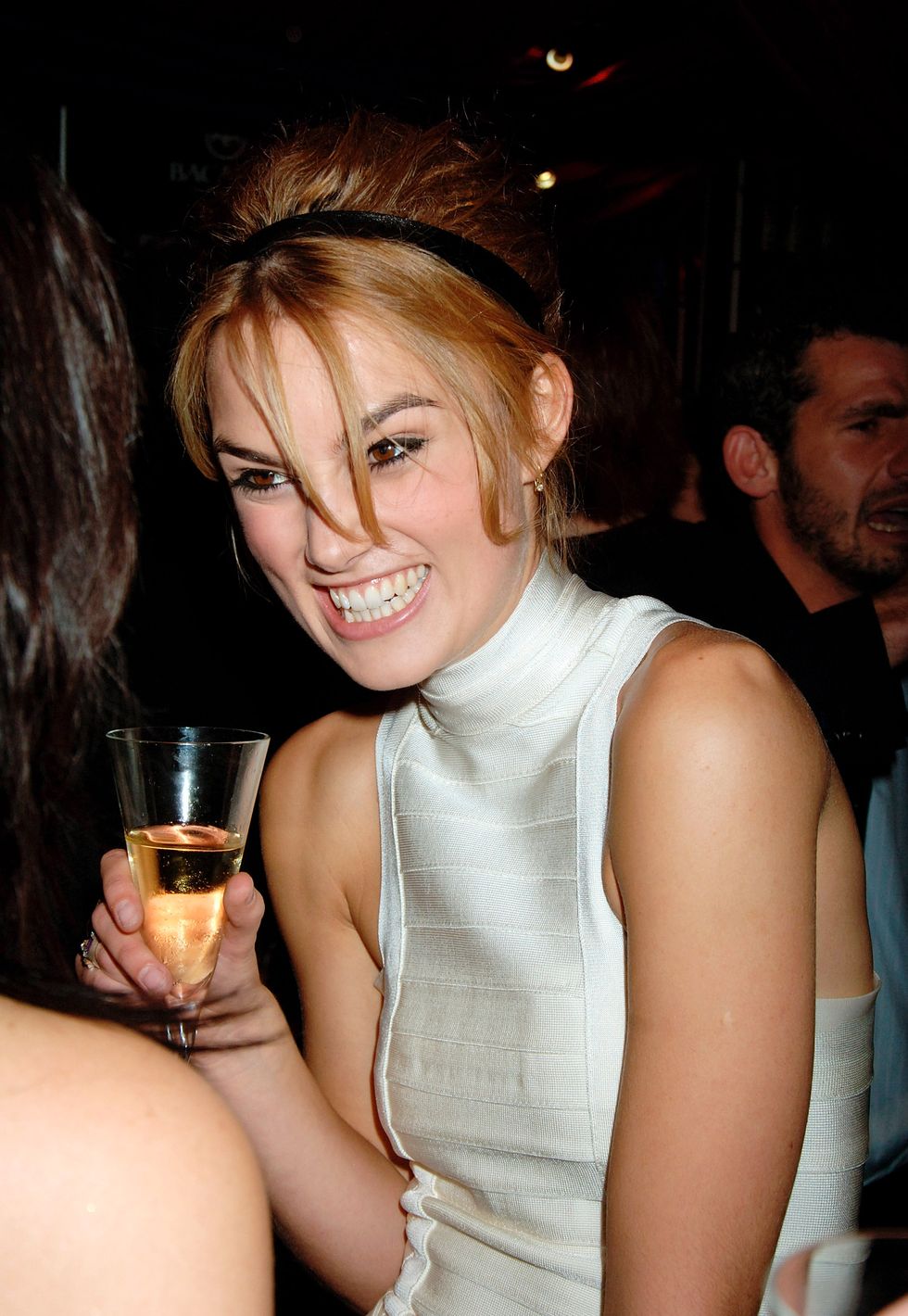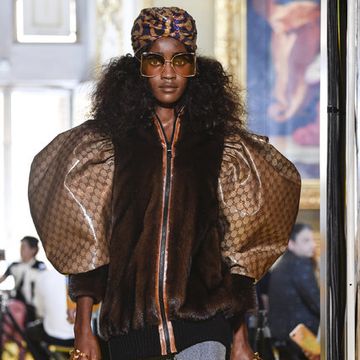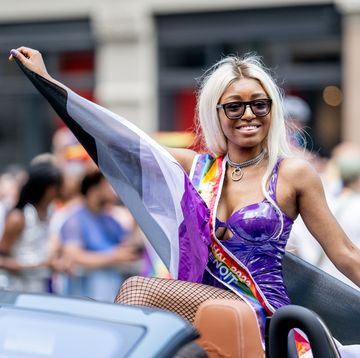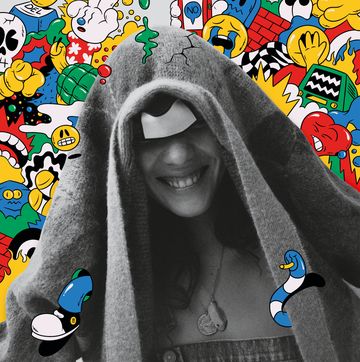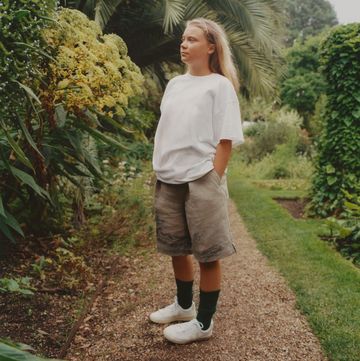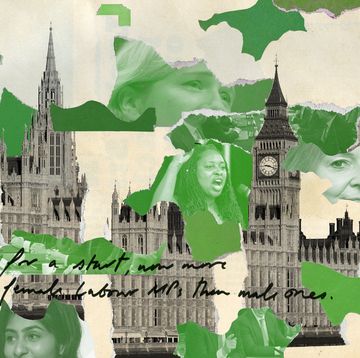As lots of us know, sitting around in a restaurant, eating a pity-dessert sent over by one of the more empathic waiters, is really no way to spend a Friday night.
There are ways to style it out, when you've been stood up.
You can get aggressive and send a barrage of messages about the energy you poured into hair removal and outfit selection; you can confine the stander-upper to the sin bin of blocked exes unworthy of even a drunk message; or you can chalk it up to 'we all have problems,' sigh and move on.
But what about the person doing the standing up? Do they just get away scot-free?
In the interest of understanding a bit more about what motivates people to leave people hanging, we've consulted psychologist Averil Leimon on the matter.
Here's what she had to say:
'Just not turning up?
'In the past this would just be seen as bad manners, but that was when we knew what the etiquette for everything was meant to be.
'People have a variable understanding of how binding an arrangement is, depending on how it has been made. For example, if you receive a formal invitation to a wedding , you expect to reply properly and turn up. Nowadays, despite the expense involved sometimes, people don't even show on the day.
'Even then that sense of commitment has been eroded.
'Yes I think Emotional Literacy comes into it - being able to read, predict the feelings of others, or the cost to them of your actions. A lack of this could either come from narcissism - only thinking about yourself - or the other extreme: low self confidence and pessimism- assuming the other person won't miss you anyway.
'Old fashioned though it sounds, you actually have to actively think about good manners - these are habits that have been trained into us by a reward and punishment system. Your mum or dad would have told you off if you behaved rudely as a child and this carries through into our adult lives.
However, these days, many children are indulged, made to feel like they are the centre of the universe, laws unto themselves, so when they grow up they don't consider others or ever put someone else first UNLESS there are clear consequences and feedback.
'Chances are people never understand the impact of their actions as no-one goes back and tells them. They just avoid them or ostracise them in future without explaining why.'
So there you have it, blame the parents!

Natasha Bird is the Former Executive Editor (Digital) of ELLE.
